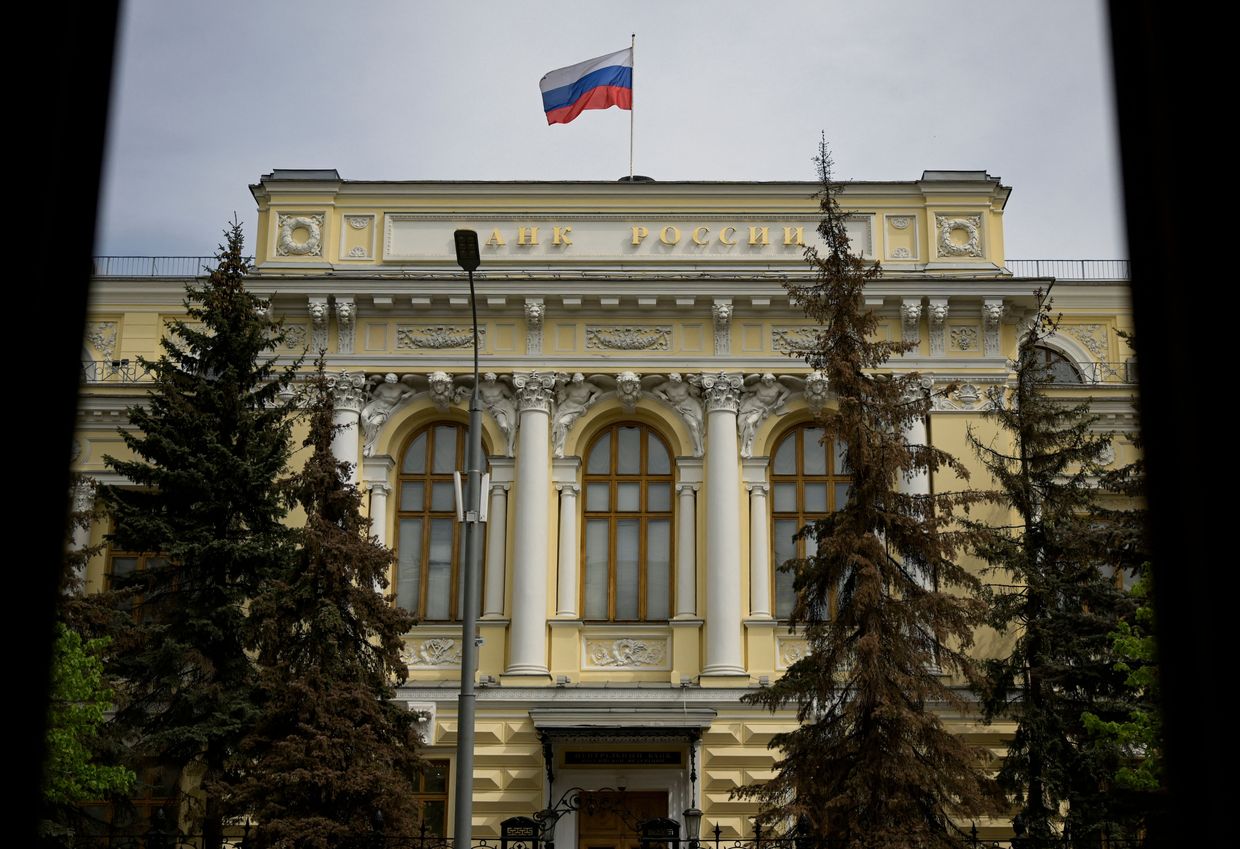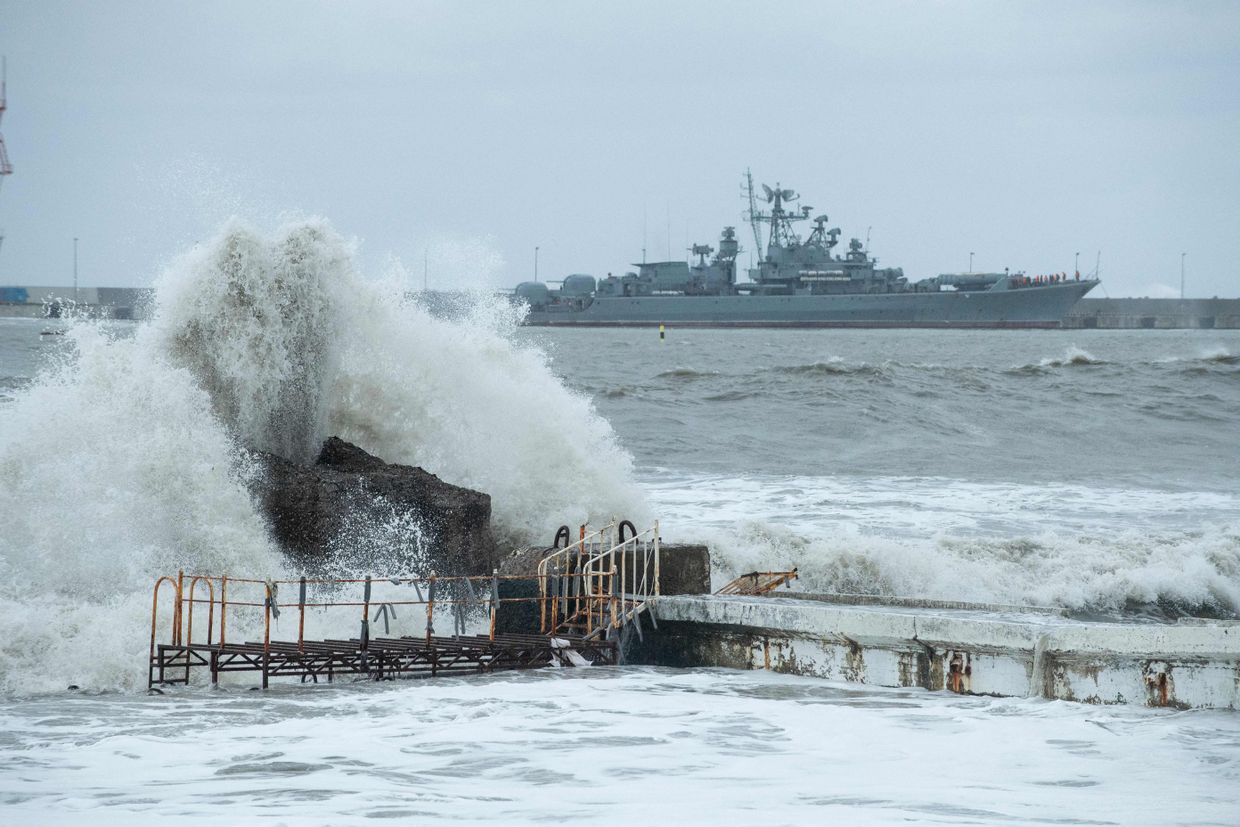Russian oil and gas revenue fell by 17% year-on-year in March to 1.08 trillion rubles ($12.8 billion), as forced discounts on crude and a stronger ruble hit budget inflows, the Moscow Times reported on April 3, citing Russia's Finance Ministry data.
The ministry said the government lost roughly 230 billion rubles ($2.7 billion) in tax income compared to March 2024, with oil and gas revenues accounting for one-third of the total state income.
Energy revenues remain a key source of financing for the Kremlin's war against Ukraine, despite Western sanctions and a price cap designed to limit Moscow's earnings from oil exports.
For the second month in a row, Russia's raw material rents dropped by nearly 20%, and for the first quarter of 2025, total oil and gas tax revenues fell by 10% compared to the same period last year.
The decline follows tougher U.S. sanctions imposed on Jan. 10 by former President Joe Biden, targeting Russian energy firms, oil tankers, and insurers involved in oil logistics.
Due to the move, Russian crude faced difficulties in international markets. China, one of Russia's largest oil buyers, temporarily halted purchases of Russian ESPO crude as concerns over U.S. restrictions led to logistical and financial complications.
Russian oil traders have since been forced to offer significant discounts to attract buyers, Bloomberg reported on Feb. 11.
U.S. President Donald Trump also warned on March 31 that he could impose secondary tariffs on Russian oil exports unless Russian President Vladimir Putin agrees to "make a deal" to end the war in Ukraine.
Although Trump has occasionally suggested additional punitive measures against Moscow, he has yet to take decisive action, while Russia shows no signs of halting its offensive.














